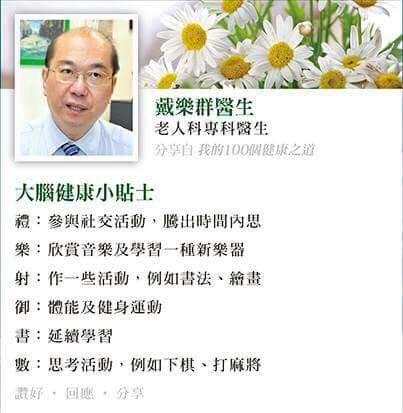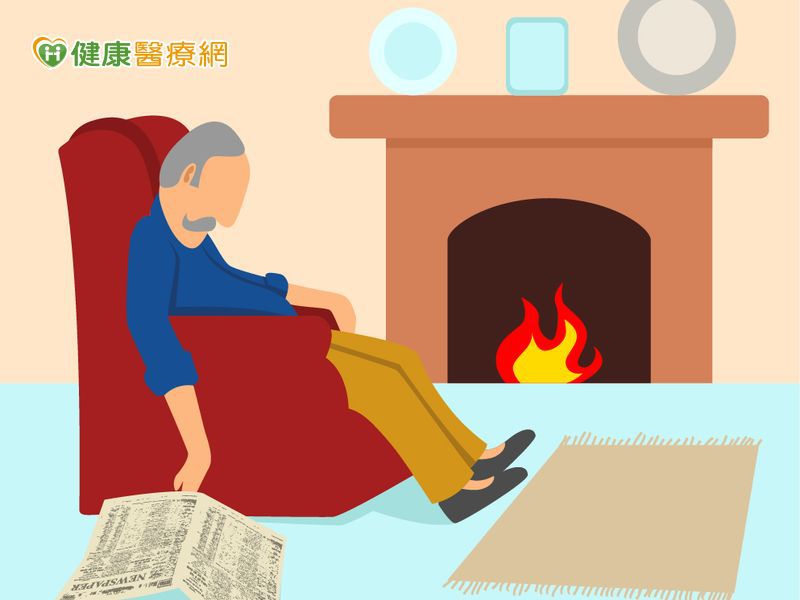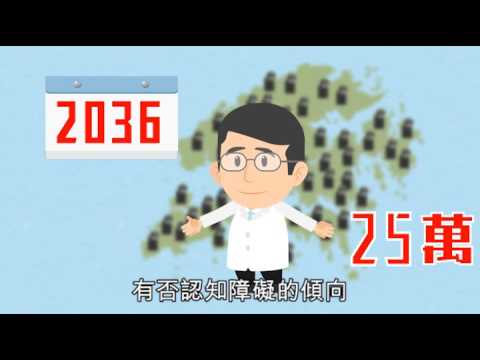Integrating social activities for seniors in communities improves mental health and overall well-being
Source:
http://www.naturalnews.com/050776_senior_citizens_social_activities_mental_health.html
Most people believe that their memory and cognition are going to decline as they grow older. Dementia is so widespread today that many adults now believe it's just a normal part of the aging and dying process. Research from Johns Hopkins Bloomberg School of Public Health proves otherwise.
After engaging seniors in meaningful social activities with schoolchildren for two years, researchers noticed a drastic turnaround in the cognition seniors. In fact, the memory center in the seniors' brains did not shrink as expected. The cortical and hippocampus regions of their brain actually maintained size and even expanded in many cases. The greatest increases in brain volume were also correlated with the greatest improvements on memory tests.
Seniors retain memory and gain brain volume after two years of mentoring school children
The social activities used in the study went beyond just nursing home activities that confine seniors to one space where they are only allowed to interact with those their age. Instead, the social activities in the study reconnected seniors with school children. For two years, the seniors served as mentors for young children at public schools. Working as teacher aides, the seniors helped children learn to read and navigate school libraries.
"Someone once said to me that being in this program removed the cobwebs from her brain and this study shows that is exactly what is happening," said study leader Michelle Carlson, PhD, an associate professor in the Department of Mental Health at the Johns Hopkins Bloomberg School of Public Health. "By helping others, participants are helping themselves in ways beyond just feeding their souls. They are helping their brains. The brain shrinks as part of aging, but with this program we appear to have stopped that shrinkage and are reversing part of the aging process."
Breaking down the study, Carlson shows that the divide between the older and the younger in society is a driving factor for dementia, Alzheimer's and overall memory decline in seniors. How might this same disconnection between generations negatively affect children as well?
In the study, 58 participants with an average age of 67.2 years engaged in 24 months of social activities with children. Another 53 seniors not engaged in the activities were also studied. An MRI scan at the onset of the study and at 12 and 24 months showed either memory decline, maintenance or growth in the hippocampus and cortical regions of the brain. All participants shared similar states of health, socioeconomic status and education levels.
Disconnected and isolated seniors show memory loss, cognitive decline
Those who did not engage in social activities with young school children showed marked brain atrophy. After age 65, this is usually signified by a loss of 0.8 percent to 2 percent in brain matter.
On the plus side, those who participated in the social activities for two years showed brain volume expansion between 0.7 and 1.6 percent. Men showed the greatest gains.
"We're not training them on one skill, like doing crossword puzzles," said Carlson. "We're embedding complexity and novelty into their daily lives, something that tends to disappear once people retire. The same things that benefit us at 5, 10, 25, 35 -- contact with others, meaningful work -- are certain to benefit us as we age."
During the two years, seniors engaged in activities that most retire or separate themselves from. The study provided the unique daily opportunity for seniors to get out of the house, walk to the bus, and traverse the stairs and hallways of public schools. Most importantly, seniors got to engage interpersonally with children, working in teams and sharing knowledge. They engaged in problem solving that they wouldn't normally have engaged in if they would have just stayed home.
This study shows the importance of giving seniors purpose and reconnecting them with youth. In today's society, the young and old are separated more than ever before. This study shows that isolating elders from meaningful interaction is what ultimately crushes their memory and destroys the very essence of their existence.
Learn more: http://www.naturalnews.com/050776_senior_citizens_social_activities_mental_health.html#ixzz3jFruRJ1p


















